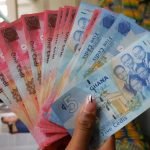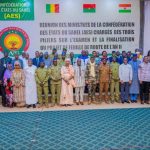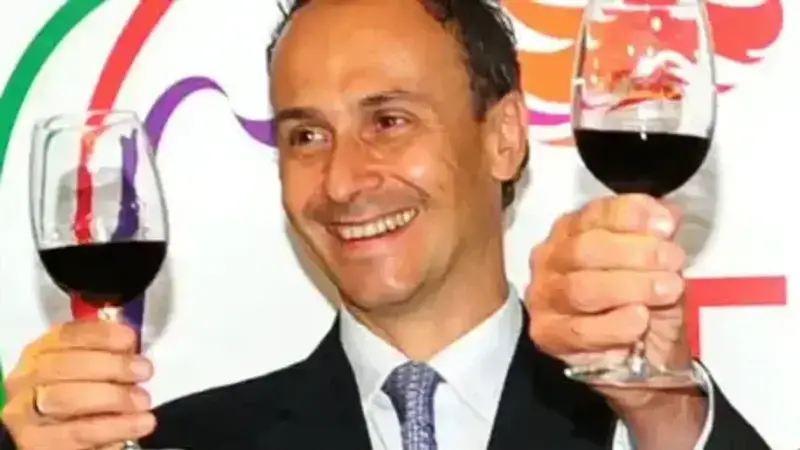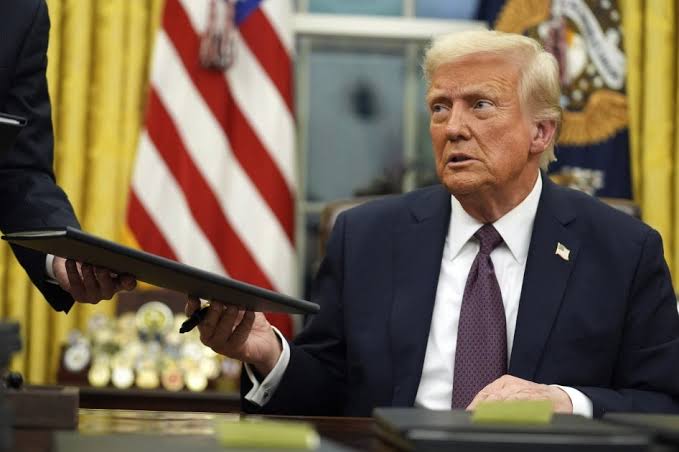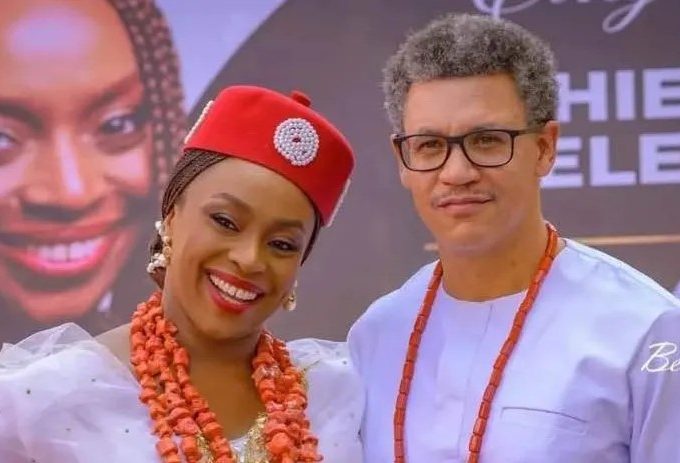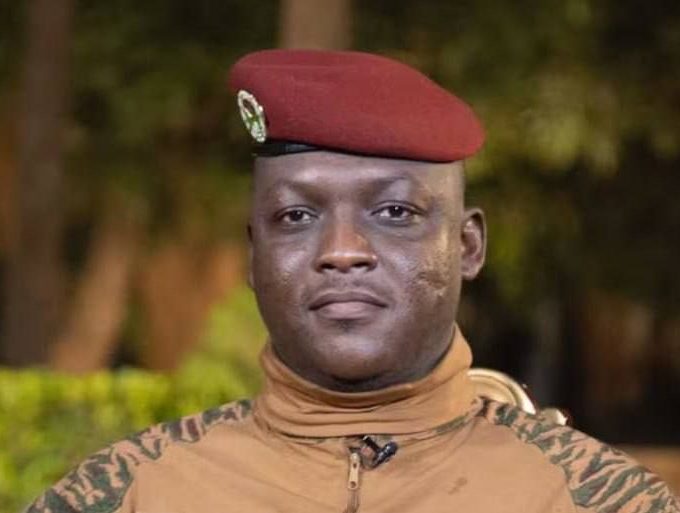
West Africa Weekly has gathered that the new ambassador of France to Nigeria, Marc Fonbaustier, is not only a disgraced former Hong Kong diplomat who was forced to resign for allegedly stealing two bottles of wine worth about £4,200, but he also, in 2019, headed a French-funded “anti-fake news” organisation, CFI, which lent itself as a tool to harass, oppress and champion the conviction of Benin investigative journalist, Ignace Sossou, for quoting on social media the remarks made by a public official at the Cotonou District Court, during a conference hosted by the organisation.
According to reports, Sossou was convicted On December 24, 2019, after sharing comments made by Benin’s public prosecutor, Mario Métonou, during a forum on fake news. Métonou’s remarks, which expressed concern that the fight against disinformation could become a “sword of Damocles” over journalists, were quickly denounced by the prosecutor as being taken out of context. However, it was not just the prosecutor’s complaint that sealed Sossou’s fate—it was a letter from CFI under the leadership of Fonbaustier that provided the final nail in the coffin.
“We are sorry that an unscrupulous journalist took advantage of this privileged moment to try to create a buzz at the expense of the prosecutor. CFI distances itself from this publication on Facebook and from this type of practice, which is completely unethical,” the supposed “anti-fake news” organisation wrote in a letter to the Beninese Minister of Justice, which was used in court by the public prosecutor to justify these accusations against the journalist, which subsequently led to his conviction.
However, with these damning pieces of evidence on Fonbaustier’s past, France President Emmanuel Macron and the French Ministry of Foreign Affairs appointed him as the new French Ambassador to Nigeria and the Nigerian government accepted his appointment. It is disturbing, however, that a diplomat once headed an organisation that attacked and criminalised press freedom in the guise of fighting fake news.
While Sossou’s case shows an attack on press freedom, it has also exposed how foreign-funded organisations like CFI, under the guise of fighting fake news, may be engaging in information warfare in Africa. On the surface, these organisations claim to champion journalistic integrity and truth. However, in this case, CFI’s actions demonstrate that these so-called “countering fake news” groups in Africa, funded by foreign governments, are tools in a broader foreign intelligence strategy to control the information accessible to Africans.
Also, the fact that CFI was headed by an individual from the diplomatic service—a sector that works hand-in-glove with the DGSE, with most Western diplomats being trained intelligence agents— also shows that CFI is a direct extension of the French Intelligence community, not a journalistic institution.
In a much broader view from Sossou’s case, information warfare is being waged in Africa by foreign bodies through these organisations that position themselves as the arbiters of truth, with a calculated effort to control the narrative to ensure that certain viewpoints are promoted while others are discredited.
In a world where information is power, the ability to label certain narratives as “fake news” provides a potent tool for influence. CFI’s role in the Sossou case shows how foreign governments could use these organisations to dictate which stories are told and which are silenced subtly.
Read More:
- Niger Resumes Oil Exports to Benin After Months-Long Dispute
- Nigerians Future Mortgaged By Tinubu – Atiku
About The Author
Related Articles
Iran’s Strikes on U.S. Bases Expose the Hidden Dangers of Hosting Western Troops — A Warning for Africa as Leaders Like Tinubu Expand U.S. Military Presence
The recent escalation in military tensions between the United States and Iran...
ByWest Africa WeeklyMarch 5, 2026What Do Countries Targeted by the United States Have in Common?
Look at the list. Iran, Palestine, Venezuela, Syria, Iraq, Nigeria, Somalia, Yemen....
ByWest Africa WeeklyMarch 4, 2026Three Doctors Suspended as Medical Council Probes Death of Chimamanda Adichie’s Son
Nigeria’s medical regulatory authority has taken the rare and serious step of...
ByWest Africa WeeklyMarch 4, 2026Night Gunfire Near Presidential Palace Sparks Tension in Ouagadougou
Gunshots were heard late on the night of February 28 into March...
ByWest Africa WeeklyMarch 3, 2026


